View all filters
Clear
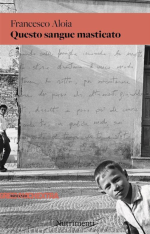
Гірка кров
Jericho
Os Pandas de Ueno
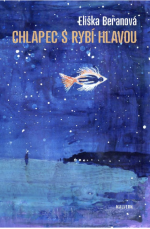
Il ragazzo con la testa di pesce
Declarație de dependență
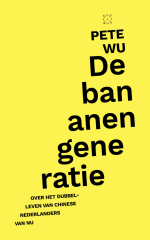
Banánová generace: o dvojím životě současných čínských Nizozemců
Urșii panda din Ueno

За мен не знаеш
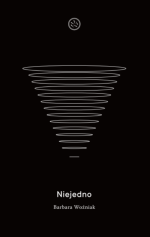
Meervoudig
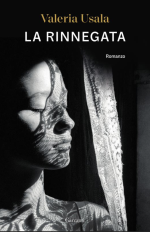
La rinnegata
A story of three generations of women, their courage and search for independence in the face of superstition and prejudice, in the spirit of Natalia Ginzburg and Elena Ferrante. In this striking debut, based on a true story, Valeria Usala bears witness to an age-old story of violence against women and takes us into the heart of rural Sardinia, where superstitions and cruelty coexist with the joys and companionship of a tight-knit community.
Teresa runs a shop and a tavern. But not even the family she has created with the man she loves can protect her from the malicious gossip of jealous locals, who are threatened by her independence. Her own mother, Maria, was made an outcast, and now Teresa is in turn forsaken by the villagers. Will she pay for her success with her life? Is she like a character in Greek tragedy, whose destiny is inevitable? A story that gives voice to the forgotten women of Sardinia—and to the one of women everywhere.
De trilogie van het verloren geslacht
Samochód ze starożytnej Grecji
